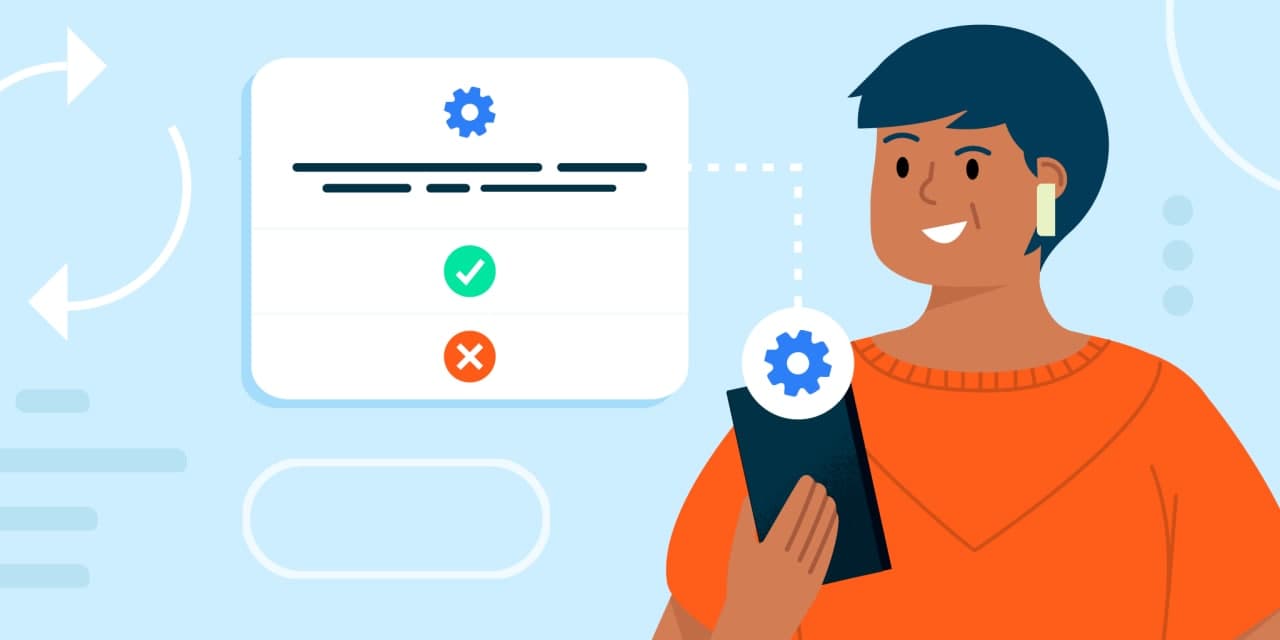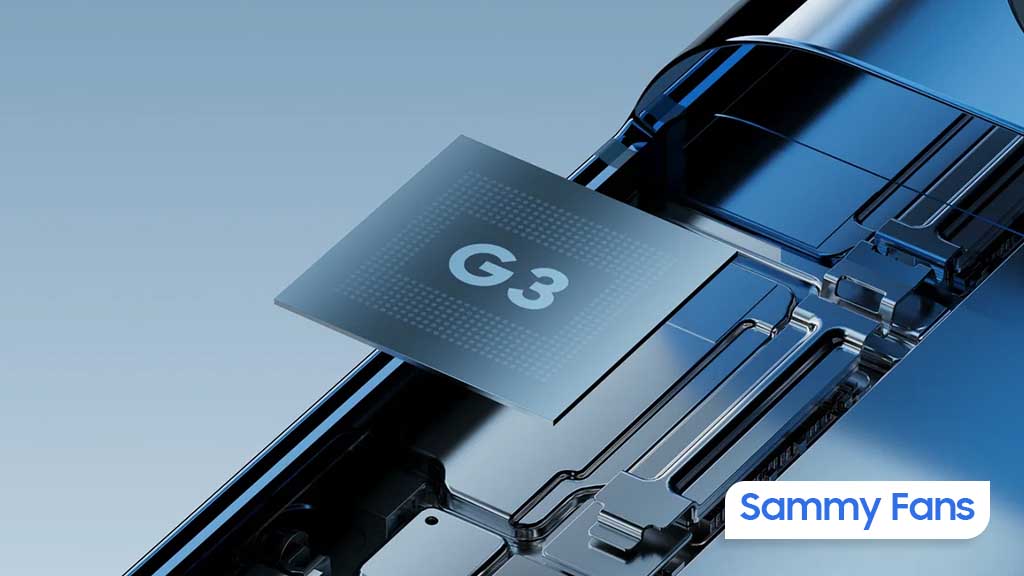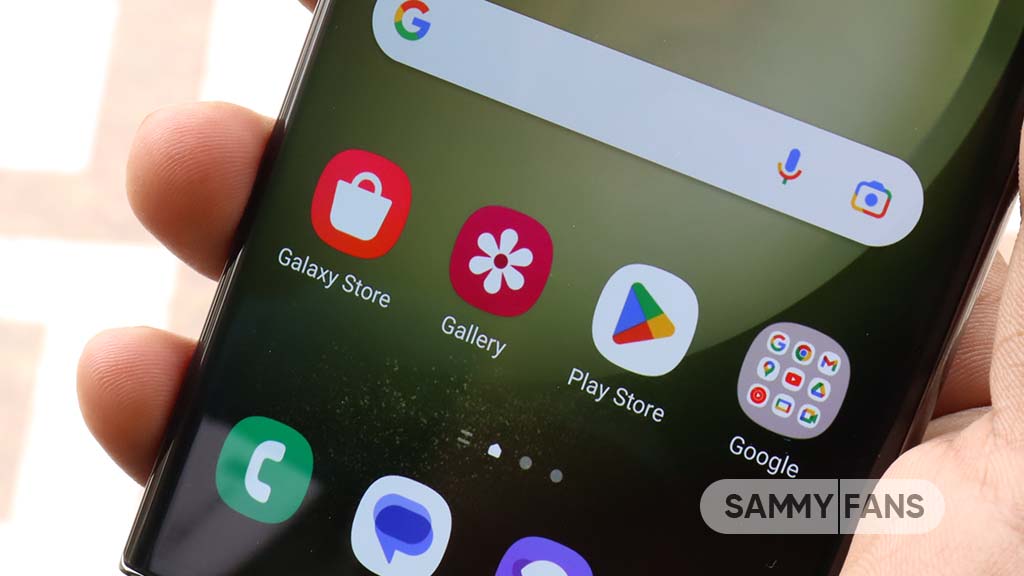News
Google’s Private Compute Services now available as an app on Play Store

Recently, Google announced “Private Compute Core” on I/O in May as an effective rebrand for “Device Personalization Services,” now called “Android System Intelligence.” That was followed by “Private Compute Services” last month, that section is now available as an app in the Google Play Store.
The Private Compute Core is where features like Live Caption, Now Playing, and Smart Reply work in a separate network mode across all Android and apps. This is important for sound and language processing that you are sensitive to, as well as the ability to read notifications.
Android ensures that sensitive data processed in Private Compute Core is not shared with any applications unless you take action. For example, until you tap Smart response, the OS keeps your answer hidden from your keyboard and the app you type on.
Join SammyFans on Telegram | Twitter| Facebook
Private Compute Services in September was announced as a way for those Android privacy apps to “use the cloud without compromising your privacy.” That may include downloading new ML models and expressions, as well as catalogs of the latest songs. With PCS, those cloud updates can happen in the same private way.

Google today released an update to Private Compute Services and began launching it in the Google Play Store with a new green icon that recommends one Android System Intelligence. It jumps from version 1.0.3x to 1.0.4x and appears first on Pixel devices on Android 12.
Listed screenshots provide a high-quality view, then say ‘how to check your phone network connection, and review how it keeps your information private, and why.’ The timeline view is indicated by the diagram below, but that capability does not appear to exist today in the system settings after the update.
Going forward, Google plans to publish the source code for Private Compute Services to allow external testing.
//Source
News
Google Pixel 10 to pack 3nm Tensor from TSMC, Samsung ousted

Google may opt for 3nm TSMC for the development of Pixel 10’s Tensor G5. Starting the first Tensor, Samsung has been manufacturing Google’s custom processors. However, the Foundry partnership would mark a halt (or an end) with the launch of Pixel 9’s Tensor G4.
According to CTEE, Google Pixel 9’s 3nm Tensor G5 has already been ordered to TSMC. However, the upcoming Tensor G4 is being fabricated on Samsung Foundry’s 4nm process. As the chip is ordered, Google may have finalized the design of the Tensor G5.
Samsung Foundry is facing yield issues with its 3nm process technology. It was reported that the 3nm yield is just 20%, which is not adequate for greenlit mass production. It is also harming Samsung’s Exynos plans, with Galaxy S25 reportedly using MediaTek’s SoC.
Thanks to the 3nm process, Google’s future flagships will offer massive performance and power efficiency improvements. Meanwhile, time will tell whether the Pixel maker has chosen TSMC’s N3E (second-generation 3nm) or N3P (third-generation 3nm) process.
Qualcomm has already switched to TSMC due to overheating and performance issues in Snapdragon chips. Not only mobile chipmakers, but big giants like Nvidia, have also ditched Samsung. This would further widen the gap between TSMC and Samsung Foundry.
News
July 2024 Android System update improves Play Store threat analysis

Google detailed its July 2024 Android System Update. The release isn’t out for Android devices, but details suggest improvements for Google Play Store’s full threat analysis feature.
According to the info, July 2024 Android System Update will let users send new apps for full threat analysis. Android’s install-time protection is powered by Google Play Protect, which is getting improved with the July release.
The change will be applied with Google Play Store v41.7, which apparently released yesterday. Compatible smartphones may start getting the updated Play Store version through the background installation method shortly.
Google Play Store v41.7 (2024-07-01)
- [Phone] Google Play Protect install-time protection now allows users to send new apps for full threat analysis.
Android smartphones often receive Play System updates from Google. These releases usually get installed when you restart your handset or update the Play Store. Google brings bug fixes and functional improvements for Android.
These updates make your Android phones even more secure and reliable and give you new and useful features. Over the last few months, Google has been offering new Google Play Store updates every week, providing:
- New Features to help you discover the Apps & Games you love.
- Optimizations allowing faster and more reliable download and installation.
- Continuous improvements to Play Protect to keep your device safe.
- Various performance optimizations, bug fixes and improvements to security, stability and accessibility.
News
iPhone 16 to get Samsung’s M14 OLED, Galaxy S24 sticks with M13

iPhone 16 would have an edge over Samsung’s Galaxy S24 Ultra in display tech. A Korean media outlet reports that Samsung is slated to supply its latest M14 OLED for Google’s Pixel 9 and Apple’s iPhone 16 Pro. Both companies will utilize the advanced screens in their upcoming flagships.
Samsung apparently used M13 OLED in its Galaxy S24 series this year. However, the upgraded M14 panels will be brighter and more power-efficient than the current products. With advanced M14 OLED, Apple’s iPhone 16 Pro and Google’s Pixel 9 would outshine the S24 Ultra.
Google will introduce the Pixel 9 series in August this year. Samsung will hold its next Unpacked event in July to unveil new foldable phones. Apple, on the other hand, is expected to introduce the iPhone 16 series in its usual timeframe – September.
Samsung’s foldable phones may not feature the M14 screens. OLEDs supplied by Samsung Display are evaluated by their material set rating. The higher the material set, the higher brightness the panel will bring and offer enhanced power efficiency.
Last year’s Google flagships debuted the M13 OLED display, followed by the Galaxy S24 series. The Pixel 8 and Pixel 8 Pro introduce Actua and Super Actua display tech. It offered higher brightness and power efficiency over previous Pixel smartphones.
Apple is the biggest client of Samsung Display. The company has been in discussion with the Korean display maker for its upcoming iPhone models. It recently approved the panel prototypes supplied by Samsung, which entered mass production last month.
Following this display upgrade, Samsung Mobile may also utilize it in the next year’s Galaxy S flagships. Previous rumors also claimed that the company would bring advanced display to Ultra and Plus variants. However, further details are yet to be known.








